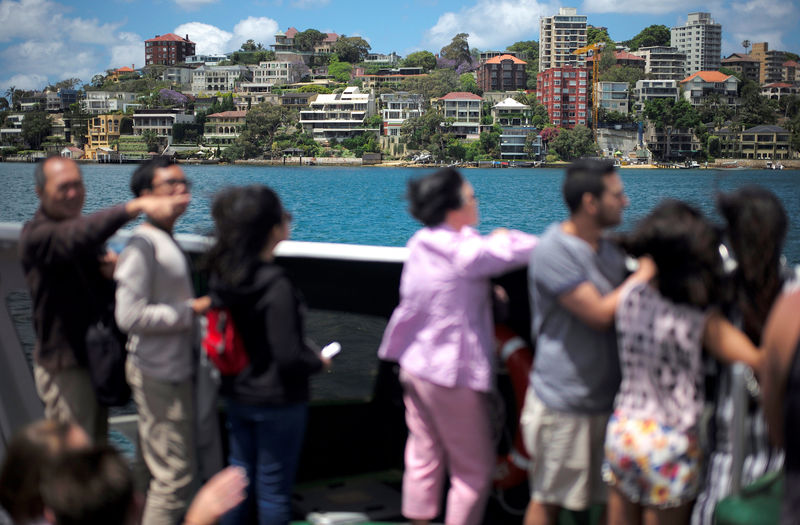Australia's economy grew by a mere 0.1% in the first quarter of 2024 and 1.1% over the year, according to the Australian Bureau of Statistics (ABS).
Despite the sluggish growth, Treasurer Jim Chalmers said that Australia was faring better than many comparable countries.
Any growth is welcome
"The primary cause of this very weak growth was higher interest rates, combined with moderating but persistent inflation and ongoing global uncertainty," Chalmers said. "But any growth is welcome in the domestic and global circumstances we confront."
Chalmers highlighted that while around three-quarters of Organisation for Economic Co-operation and Development (OECD) economies recorded a negative quarter, Australia had avoided one.
He noted that Australia recorded faster annual growth than several major advanced economies, including Canada, Italy, the United Kingdom, Japan and Germany.
ABS head of national accounts Katherine Keenan pointed out that the national economy had experienced "its lowest through-the-year growth since December 2020".
She noted a fifth consecutive quarterly decline in economic activity per person, with a 0.4% drop in the March quarter and a 1.3% decline over the year.
Some commentators see population growth as Australia’s saving grace.
"For the fifth consecutive quarter, economic activity declined on a per capita basis and the 1.3% decline over the past year is the largest Australia has experienced in 33 years, excluding the pandemic," Callam Pickering, Asia-Pacific economist at global job site Indeed said.
"Population growth is the only thing standing between Australia and recession."
Households aren’t saving money
The household saving rate fell from 1.6% to 0.9% in the March quarter as rising prices outpaced growth in households' disposable income.
ABS officials reported that nominal household final consumption expenditure (+1.5%) detracted from household savings as prices for essential and discretionary services continued to rise.
Dwelling investment declined by 0.5% in the March quarter, driven by decreases in new construction (-0.6%) and alterations and additions (-0.5%).
Economists noted that the level of new home building remained well below pre-pandemic levels, exacerbating stresses in housing and rental markets.
Some warned that a supply and demand mismatch in the housing market was keeping rents high, and that restrictive monetary policy was weighing on new residential construction. This was responsible for a growing divide between the ‘haves’ and the ‘have nots’.
Some forecast that we’ve reached the bottom and expect things to improve once tax cuts filter through to consumer spending.
RBA governor speaks
Meanwhile, the Reserve Bank of Australia (RBA) governor Michele Bullock indicated that the Federal Government's proposed A$300 energy bill relief would not significantly impact inflation.
Appearing at a Senate estimates hearing, Bullock explained that while the rebate might affect people's expectations, it was unlikely to make a substantial impact on the underlying measure of inflation.
Bullock emphasised that the Australian economy was still navigating a "narrow path" to reduce inflation while maintaining strength in the jobs market and avoiding a recession.
"If it turns out that inflation starts to go up again or it's much stickier than we think, we're not getting it down, then we won't hesitate to move and raise interest rates again," Bullock said.
